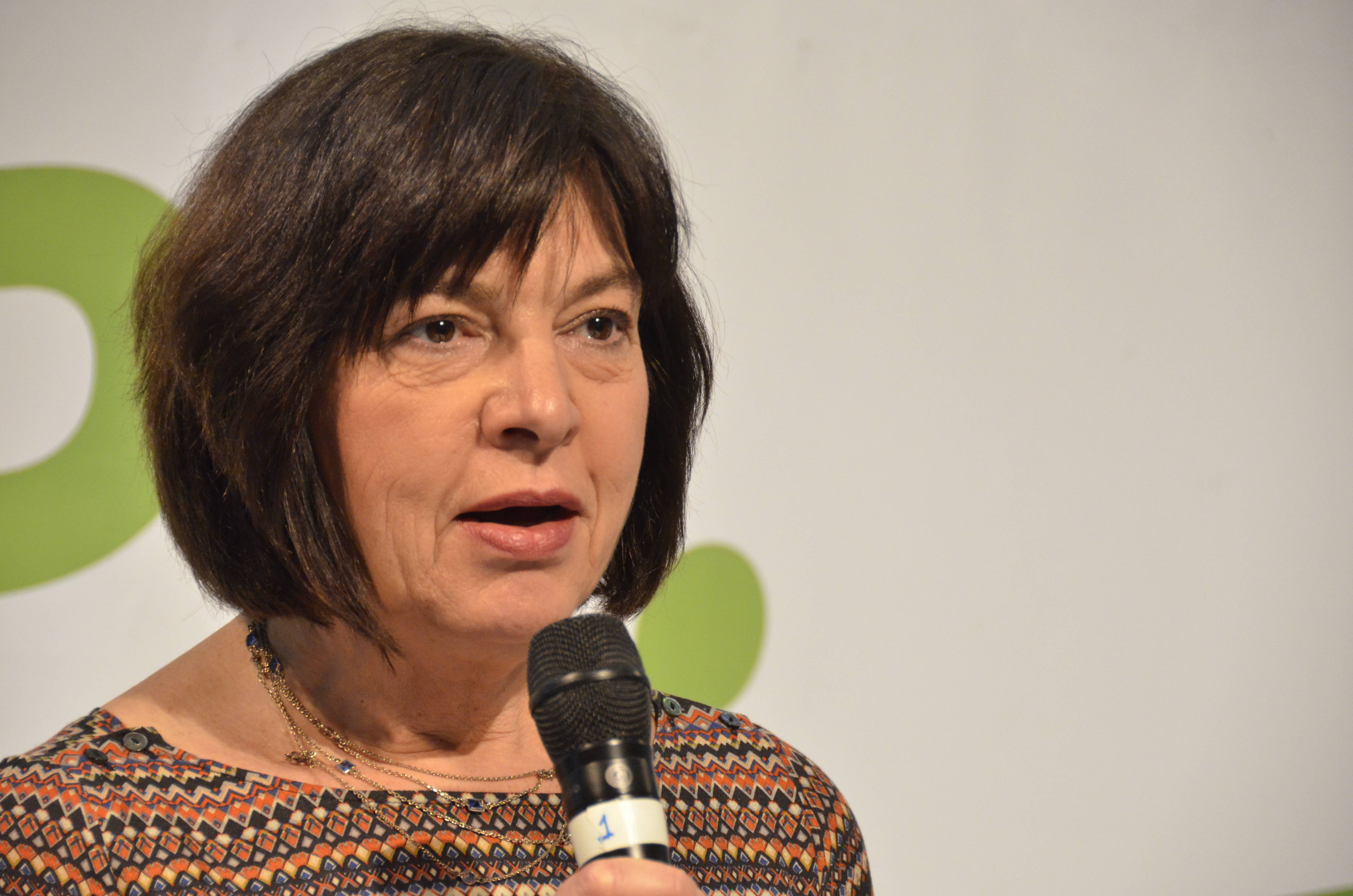Recently, the European Parliament declined to acknowledge Vladimir Putin as the legitimate president of the Russian Federation, deliberately omitting the term ‘president’ in any documents referring to the Russian leader. The EU asserts that the latest Russian ‘elections’ were conducted under conditions of intimidation and suppression, without the presence of viable alternative candidates. Consequently, the EU has urged its member states and the global community to disregard the legitimacy of these “elections,” whether they occurred in the temporarily occupied territories of Ukraine or within Russia itself, and to completely sever ties with Putin. However, could there be a shift in the European Union's perspective on this matter in the future?
REBECCA HARMS, the German politician and documentary director who served as a member of the European Parliament from 2004 to 2019 representing the Greens-European Free Alliance faction, discussed this topic with Apostrophe.
- Recently, the European Parliament passed a resolution declaring dictator Vladimir Putin to be an illegitimate president. This decision has attracted considerable attention, yet it aligns with the overarching policy of the European Parliament. In your view, how significantly do you think the policy of this institution will shift following the elections this summer?
- The European Parliament based on a cross faction majority is probably one of the most outspoken bodies in the world supporting Ukrainian fight for freedom and Ukrainian way into the European Union.
The President of the European Parliament Roberta Metsola was the first EU Politician who visited Brussels after Putin had openly declared the war against Ukraine and full scale invasion began.
I am very grateful for her courageous steps ahead and the support she and the EP gave to Ursula von der Leyen (president of the European Commission – Apostrophe) for Ukrainian membership in the European Union.
For now the polls show that many nationalistic, anti-EU and often also pro-Russia and pro-Putin parties and movements can be quite successful in many of the EU states.
They will not gain a majority. But they can count that also in the next EP the traditional Left will continue the pro Russia course together with the extreme right. In this sense, the right and left will act together.
- What about the current moderate coalition - the European People's Party, the Progressive Alliance of Socialists and Democrats, and the Renew Europe group? Will they be willing to collaborate with the far right?
- This we do not know today. It will depend on the results. Some political groups in the EP follow the idea of a cordon sanitaire which means no cooperation.
But for Ukraine and for the defense of freedom and democracy against Russia it will matter that the groups which favor liberal democracy stay united.
- Given the backdrop of farmer protests and widespread instability in Europe, the likelihood of right-wing victories in local elections, especially in certain German federal lands, is increasing. How much influence might these local right-wing politicians wield over matters concerning the war with Russia and assistance to Ukraine?
- In the federal lands the upcoming election campaigns will show whether the ruling German parties will be able to successfully gain back trust of the citizens. In the countryside for sure the future of farmers plays a role. A new movement, called Freie Wähler (Free Voters) is gaining probably a bit in the villages.
Question about how EU and Germany will be able to control and steer migration or about energy prices and the development of the economy are important.
For our German Ukraine policy there is no direct impact from the federal lands. Although indirectly there is impact: some of the regional politicians try to win votes by campaigning for negotiations with Putin and against their government or their national party leaders position.
It is a problem for the ruling Social Democratic Party as well as for Christian Democratic Union in opposition in our national Parliament.


